Nutrition professionals play a crucial role in identifying and treating malnutrition, and it’s a condition that must be treated early and comprehensively. However, it’s also a condition that can easily go unnoticed until the effects are devastating to the body. September is Spotlight on Malnutrition Month and early October includes Malnutrition Awareness Week! You can help raise awareness about this serious condition that affects millions of people all over the world, from the frail older adult to those with Crohn’s disease, renal disease, those suffering from cancer and many other diseases.
Spotlight on Malnutrition Month was started by the Academy of Nutrition and Dietetics and puts the spotlight on the need for patient-driven care. As a nutrition professional, you can help advance the Malnutrition Quality Improvement Initiative (MQii) and fight for improved outcomes from evidence-based nutrition care.
Malnutrition Awareness Week was created by the American Society for Parenteral and Enteral Nutrition (A.S.P.E.N.) to reach healthcare professionals, policy makers, influencers and the public to help improve clinical nutrition care, with a focus specifically on malnutrition.
In honor of Spotlight on Malnutrition Month and in preparation for Malnutrition Awareness Week, explore malnutrition and the MQii further with the resources provided below.
Spotlight on Malnutrition Month
Academy of Nutrition and Dietetics
The Academy’s Policy Initiatives and Advocacy team has created a communications toolkit to help put the spotlight on malnutrition and advance the Malnutrition Quality Improvement Initiative (MQii).
Malnutrition Awareness Week™ (September 19-23, 2022)
A.S.P.E.N.
Malnutrition Awareness Week started by A.S.P.E.N. in 2012, encourages a “human rights-based approach to clinical nutrition and to developing a moral, political, and legal focus for nutrition care.”
About the MQii
Malnutrition Quality Improvement Initiative
The Malnutrition Quality Improvement Initiative (MQii) was created to assist organizations in enhancing malnutrition care for improved outcomes. The initiative is patient-driven and works to expand evidence-based and high-quality care for older adults who are prone to malnutrition.





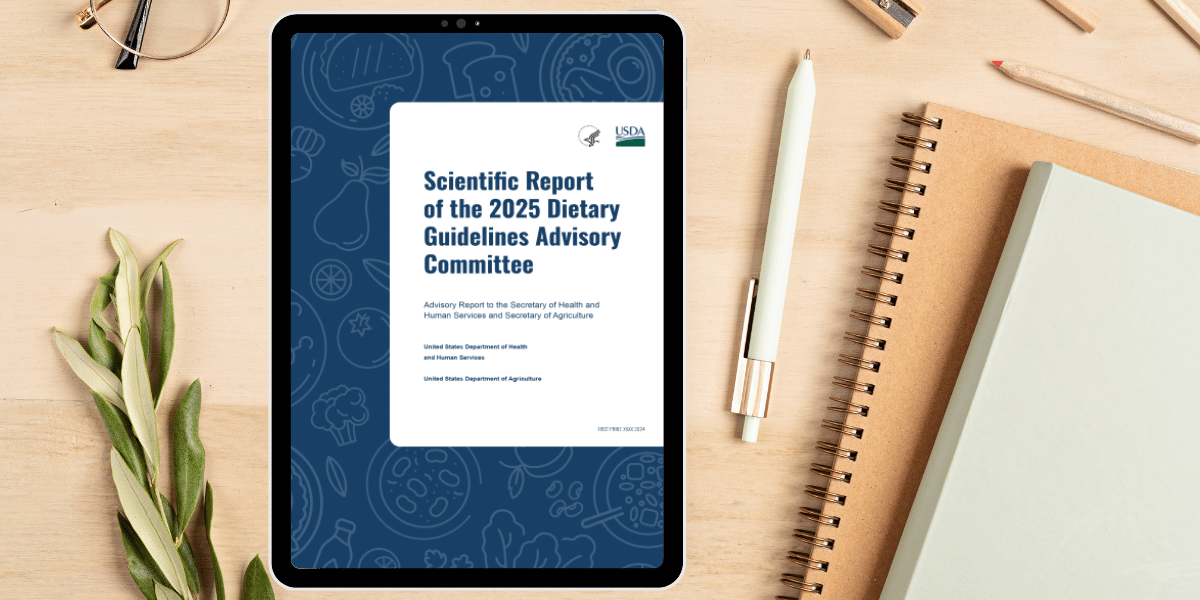




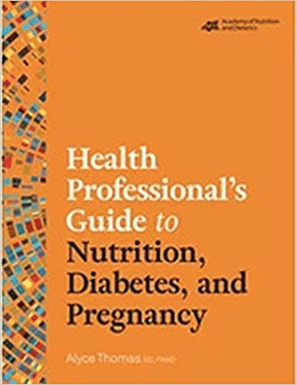




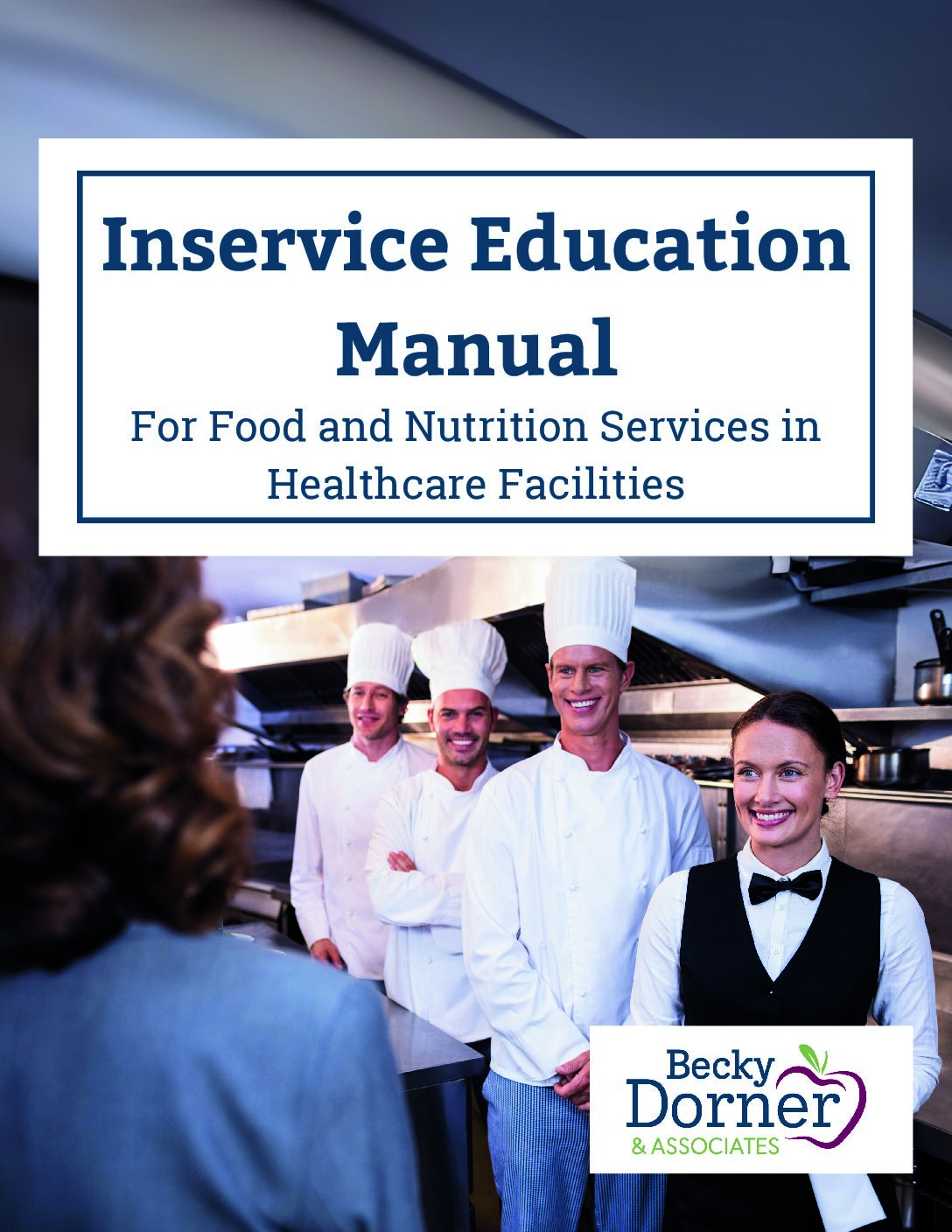
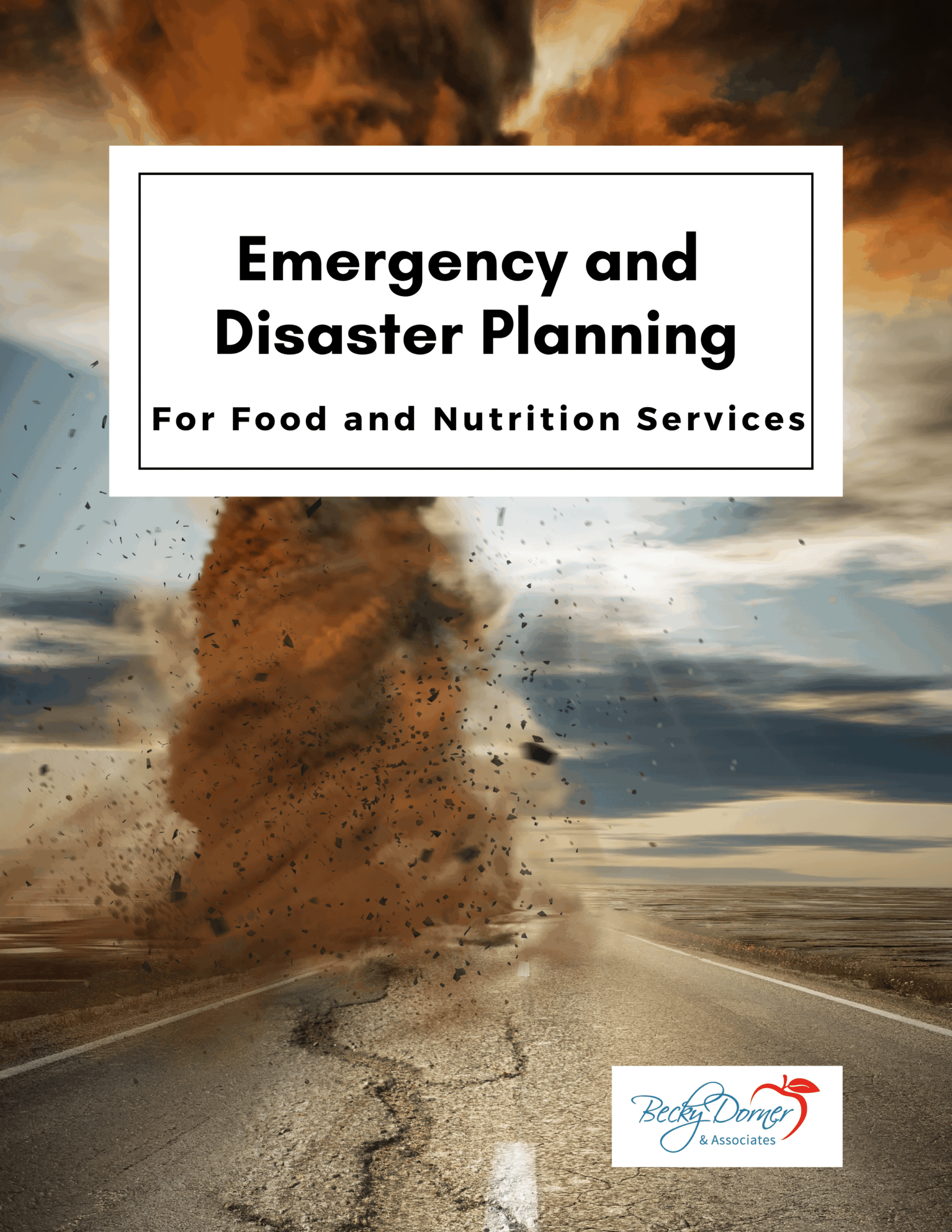

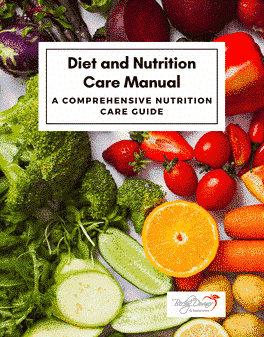
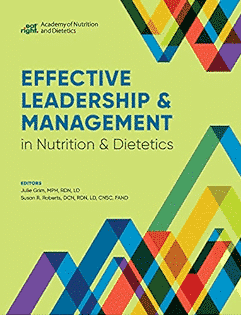


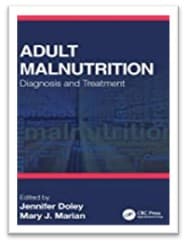
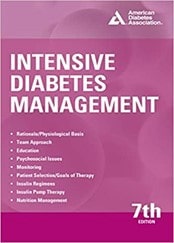


Connect With Us